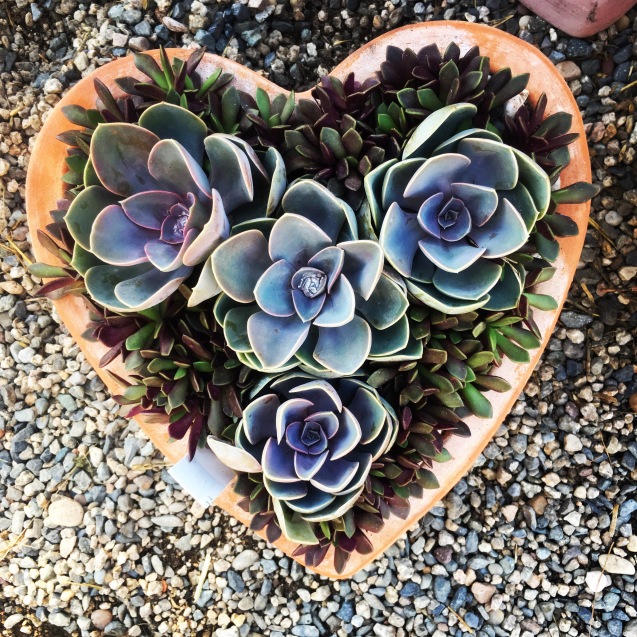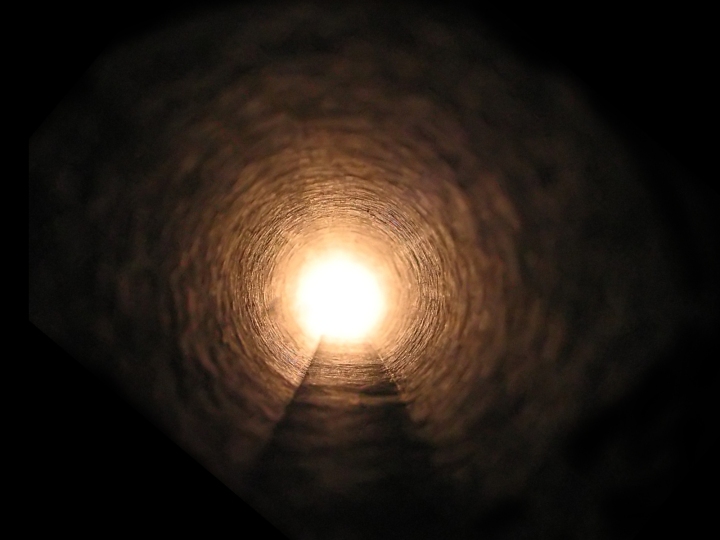
My Catholic readers know that tomorrow is Ash Wednesday, the beginning of the season of Lent. For my non-Catholic readers, which is most of you, Lent is the 40 day period before Easter, the pivotal moment of our Christian faith when we celebrate the death and resurrection of Jesus. During Lent, Catholics (and some other denominations) try to focus their energy on preparing themselves to celebrate the Easter season. Technically, this is done through fasting, prayer and almsgiving, but mostly, people focus on the fasting. If you ask a Catholic, or even a non-Catholic, what Lent is about, they will probably say it’s about giving something up – a favorite food, or drink, indulgence, or bad habit. I was raised to think that way and it’s taken me a very long time to move beyond emphasizing that one practice.
Looking back at my childhood, I’m trying to remember the theology behind the fasting – why we were asked to sacrifice something. I don’t think the priests actually said this, but in my mind, I thought it was for one of two reasons.
#1 – Jesus gave up his life for me, so the least I could do is give up candy (it was always candy growing up!) for him during Lent. You know, tit for tat. Fair is fair after all.
Or #2 – You aren’t worthy for Jesus to have died for you – so your candy sacrifice is your way of becoming more worthy of Jesus’ death.
As if that were possible, as if anything we could do in a lifetime, much less forty days, could make us worthy of Jesus’ life.
I knew there was something about those theological constructs didn’t sound quite right, but I couldn’t quite move past those child-like assumptions for a really long time. But of course, as I grew and matured, my Lenten practices did as well. And so what I ‘gave up’ changed, but I was still doing it for the same reason – to somehow become more worthy of God’s love and Jesus’ sacrifice.
The fasting habit fell apart for me a couple years ago, which you can read about here, and it came about as most failures do, through a confluence of good intentions and misguided execution. Of course, it was my husband, who had the words to help me see the light. After suffering through a Lent that left me feeling deeply saddened and discouraged, Tim gently called me out. He reminded me that he loves me “as is,” and that God does too.
God always loves us ‘as is,’ not ‘when,’ not ‘whether,’ not ‘if,” we get our act together during Lent, or at any time. If God is the Abba that Jesus taught us about, then we are loved beyond measure already and it is knowing and experiencing that Divine Love that inspires any changes we make. It is never, “First you are worthy and then you are loved.” Contrary to most of our cultural conditioning and human reasoning, with God, you are always loved first and that Love makes you worthy. What you do with that Love is up to you, but personally, I have never once in my life been loved unconditionally and taken it for granted. True Love has never turned me against myself, or another person. Being Loved deeply has always inspired me to become a better version of myself, a truer reflection of the woman God created me to be.
Through that conversation, I finally got it: Lent is never a question of worthiness; Lent is a question of mindfulness, of bringing to our minds the Mind of Christ, which is compassionate, loving, and tender to all human beings and absolutely faithful to the Love of God, which he experienced first hand in the Trinity.
At the end of our talk, Tim reminded me of this bit of wisdom from my own teacher, Richard Rohr, who often says, “Don’t try to engineer your own death; it will be done unto you!” The scriptures are full of this imagery about the death of our ego, the part of ourselves that we keep separate from God and each other. We read over and over again that we must die to ourselves. I know the truth that unless a grain of wheat dies, it remains alone, a simple grain of wheat; but if it dies, it bears much fruit. But the point I had missed in my Lenten fervor was the fact that life itself will take care of death, both literally and metaphorically. Life is already full of losses – of the people we love, of seasons and situations we cherish, of dreams, hopes, plans, and health. And we don’t have to manufacture those losses on purpose; they happen as an inevitable course of our lives, but what we can do, during Lent, and every day of our lives, is prepare ourselves to face them.
And that is what I plan to focus on this Lenten season. Last year, I committed to just keep practicing my practice and that is what I plan to do this Lent as well and what I’ve tried to do almost every day in between.
I’m going to meditate and walk, read and write.
I’m going to hug my family members whenever they get within arm’s length.
I’m going to smile at friends and strangers alike.
I’m going to find Love and pass it on whenever and however I can.
Whatever I am already doing that opens me up to God’s Loving presence in the world, I’m going to keep doing. Whatever shuts me down, I’m going to forgive and move on.
I may hold a different intention, or pick up alternate readings to begin my meditation. I may find a special focus for my journal, but I will not fool myself into thinking I need to be different than I am to celebrate the new life that is constantly before me.
In my last post on “Seasons,” I wrote:
Death is inevitable, but so too is resurrection as long as we have a deep commitment to Love and Faith and Life. Only in that soil is there an invitation and a space for the Divine to work in us. Life and Love will win if we want them to and if we release our preconceived notions of what that life looks like!
We are all moving through a season. Some are observing Lent; others are experiencing the transition from winter to spring, in nature, or in their own lives. Though we are in different parts of the cycle, we are all participating in the eternal movement from death to new life. As gardeners of our own soul, the only thing we can do is prepare the soil and trust that God will do the rest.
We can aerate our egos, poking holes in the outer shells that protect us from each other. We can soften the hardness of our hearts with the holy water of tears (you too guys!). We can let the things that have died over the past year become fertilizer for the new life to come. I cannot think of a more difficult practice for Lent, or any time of year.






